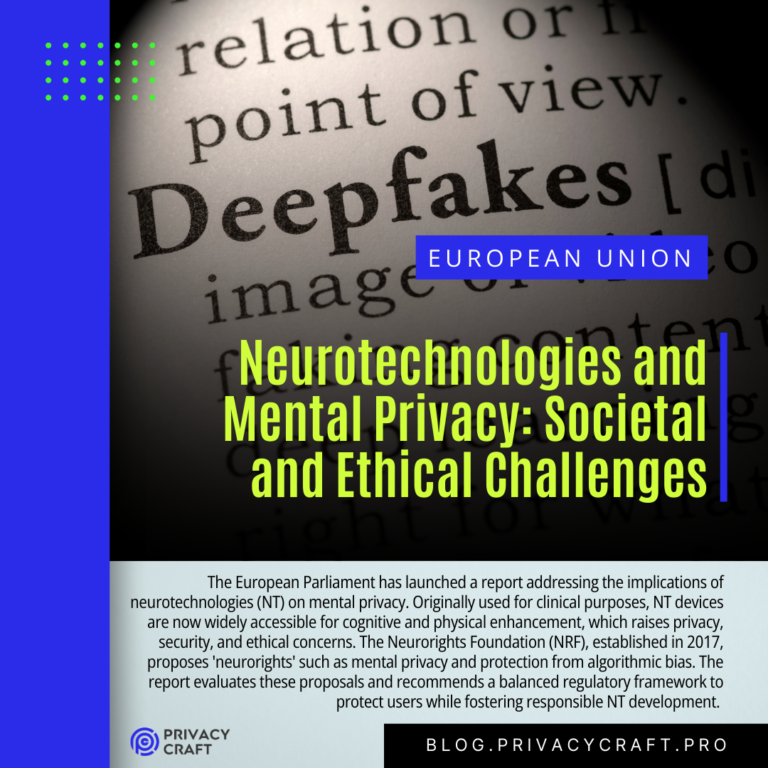Argentina’s AI Crime Prediction Plan Raises Human Rights Concerns
Argentina’s government, led by President Javier Milei, has created the Artificial Intelligence Applied to Security Unit to predict future crimes using AI. The unit will analyze historical crime data, employ facial recognition, and monitor social media to anticipate criminal activity. Human rights organizations, including Amnesty International, have raised concerns about potential violations of privacy and freedom of expression. Critics warn that certain societal groups may face disproportionate scrutiny, echoing fears of state repression reminiscent of Argentina’s dictatorial past.
Argentina’s AI Crime Prediction Plan Raises Human Rights Concerns Read More »




